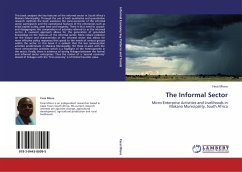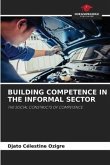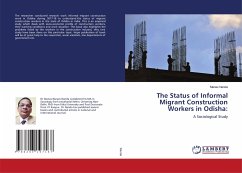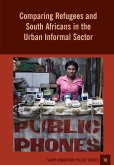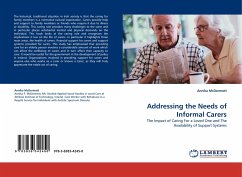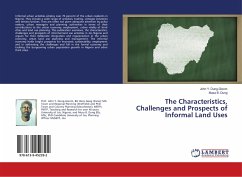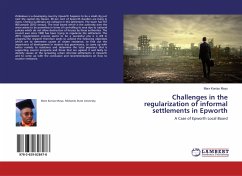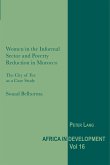This book analyses the key features of theinformal sector in South Africa s MakanaMunicipality. Through the use of both qualitative andquantitative research methods the book examines thesocio-economic of the informal sector participantsand the operational features of the enterprises suchas initial capital outlay, asset base and longevity.There is thus need to unpack and disaggregate thiscompendium of activities referred to as the informalsector. A nuanced approach allows for the generationof grounded knowledge on the features of the informalsector. More robust evidence on the nature andcharacteristics of the informal sector also allowsfor more effective policy responses that speak to theneeds of various groups within the sector. In thisbook it is evident that the less remunerativeactivities predominate in Makana Municipality. Yetthese co-exist with the more remunerativeactivities which is a highlight of the heterogeneityin the sector. Finally, there is evidence of stronglinkages between the formal and informal sectorenterprises. Thus the notion of a second economy devoid of linkages with the first economy is oflimited heuristic value.
Bitte wählen Sie Ihr Anliegen aus.
Rechnungen
Retourenschein anfordern
Bestellstatus
Storno

